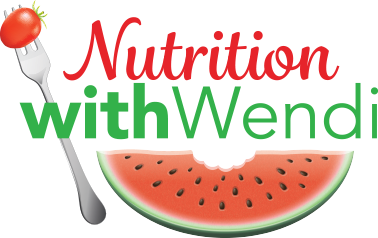7 Fat LossStrategies the Diet Industry Does Not Want You to Know

It seems like everyone is on a diet these days. In fact, many have spent their entire lives trying to lose weight and are chronically dieting. According to the CDC nearly one-half of adults have tried to lose weight within…


